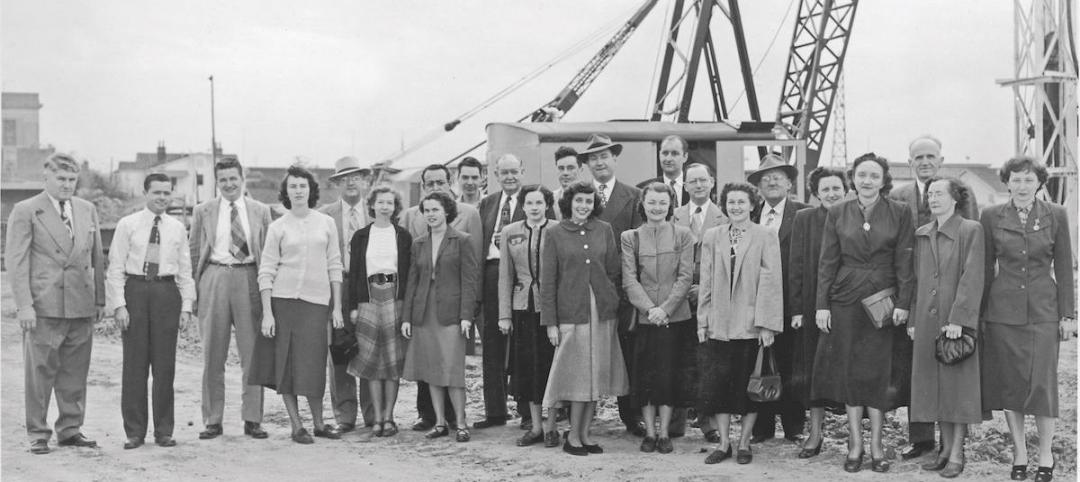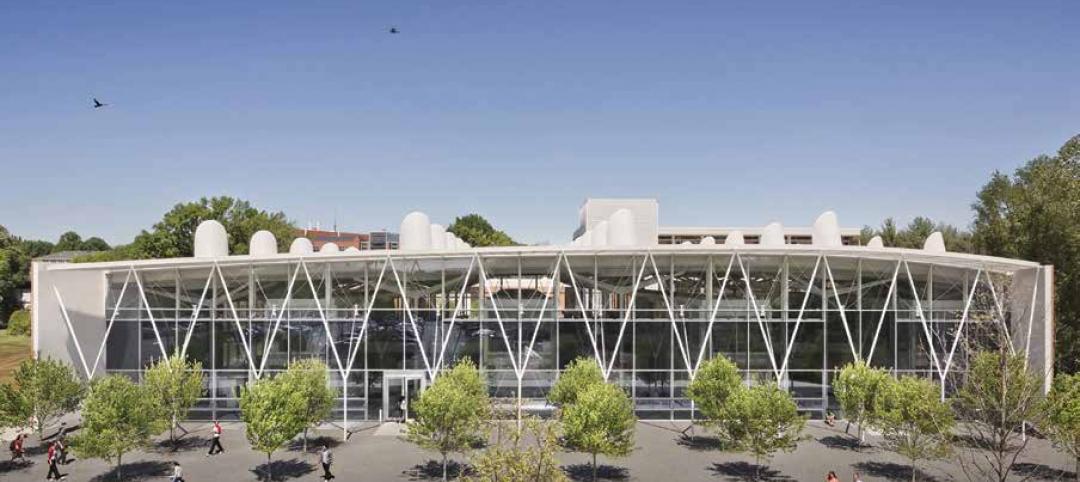The U.S. Department of Energy (DOE) and U.S. Department of Commerce announced selections for three Centers for Building Operations Excellence that will receive a total of $1.3 million to create and deploy programs aimed at training and expanding current and incoming building operators. The centers are part of the Obama administration’s Better Buildings Initiative, which is working to improve the energy efficiency of America’s commercial buildings 20 percent by 2020, with the potential to reduce American business’ energy bills by approximately $40 billion per year.
“Improving energy efficiency in business and manufacturing is critical for helping American businesses keep costs down and stay competitive in the global economy,” said Secretary of Energy Steven Chu. “The first step is ensuring we have well-trained buildings and facilities operators that know how to boost building performance and keep commercial facilities from wasting energy.”
The three Centers for Building Operations Excellence will work with universities, local community and technical colleges, trade associations, and the Energy Department’s national laboratories to build training programs that provide commercial building professionals with the critical skills they need to optimize building efficiency while reducing energy waste and saving money. The DOE and Commerce’s National Institute of Standards and Technologies’ Manufacturing Extension Partnership (NIST MEP) are jointly funding the centers.
“These federal grants are an example of the Obama administration’s commitment to investing in cutting-edge, job-creating technologies that save money and improve energy efficiency as part of an all-of-the above approach to American energy,” said Acting Commerce Secretary Rebecca Blank. “These centers will help ensure that American workers have the skills they need to remain globally competitive in a 21st century economy.”
The Centers for Building Operations Excellence, chosen through a competitive grants process, utilize multi-organization partnerships and support from local and state governments. The selected centers are:
· The Corporation for Manufacturing Excellence in California, partnering with Laney College and the International Union of Operating Engineers Local 39;
· Delaware Valley Industrial Resource Center in Pennsylvania, partnering with Pennsylvania State University, Pennsylvania College of Technology, and Drexel University; and
· New York State Department of Economic Development in New York, partnering with City University of New York and Rochester Institute of Technology.
The Better Buildings Initiative program creates opportunities for current and future facilities staff of all levels to obtain valuable skills that support a clean energy economy. Specifically, the funding announced today will help the three centers develop curricula and pilot training programs for building operators, managers, and energy service providers, focusing on building re-tuning, energy management, and building operations in commercial, industrial, and educational buildings. The training will outline steps building operators can take to reduce energy consumption, save money and drive continuous improvement in a broad range of commercial buildings.
To learn more about the Better Buildings Initiative, visit http://www1.eere.energy.gov/buildings/betterbuildings/. To learn more about NIST MEP’s work to support manufacturers nationwide, visit www.nist.gov/mep.
Related Stories
Multifamily Housing | Oct 29, 2017
Multifamily visionaries: The Beach Company’s family ties
Spanning four generations, The Beach Company continues to expand its development footprint across the Southeast.
Multifamily Housing | Oct 9, 2017
6 new products for the multifamily construction market
Bamboo wall panels, an adaptable prep sink, and a two-tiered bike parking system are among the product innovations geared for multifamily buildings.
AEC Tech | Oct 6, 2017
How professional bias can sabotage industry transformation
Professional bias can take the form of change-resistant thinking that can keep transformational or innovative ambitions at bay. Tech consultant Nate Miller presents three kinds of bias that often emerge when a professional is confronted with new technology.
Multifamily Housing | Sep 27, 2017
Pickleball, anyone?
Two-and-a-half million Americans are playing the game with the funny name.
Multifamily Housing | Sep 5, 2017
Free WiFi, meeting rooms most popular business services amenities in multifamily developments
Complimentary, building-wide WiFi is more or less a given for marketing purposes in the multifamily arena.
Multifamily Housing | Aug 24, 2017
Storage units, lounges most popular indoor and outdoor amenities in multifamily developments
Tenants and condo owners crave extra space for their stuff. Most developers are happy to oblige.
Green | Aug 24, 2017
Business case for WELL still developing after first generation office fitouts completed
The costs ranged from 50 cents to $4 per sf, according to a ULI report.
Healthcare Facilities | Aug 24, 2017
7 design elements for creating timeless pediatric health environments
A recently published report by Shepley Bulfinch presents pediatric healthcare environments as “incubators for hospital design innovation.”
BD+C University Course | Aug 23, 2017
AIA course: New steel systems add strength and beauty
Advances in R&D are fostering new forms of structural and aesthetic steel.
Multifamily Housing | Aug 9, 2017
Related Companies unveils plans for One Hudson Yards luxury rental residences
The 33-story tower will be positioned on the High Line with views of the Hudson River and downtown Manhattan.

















